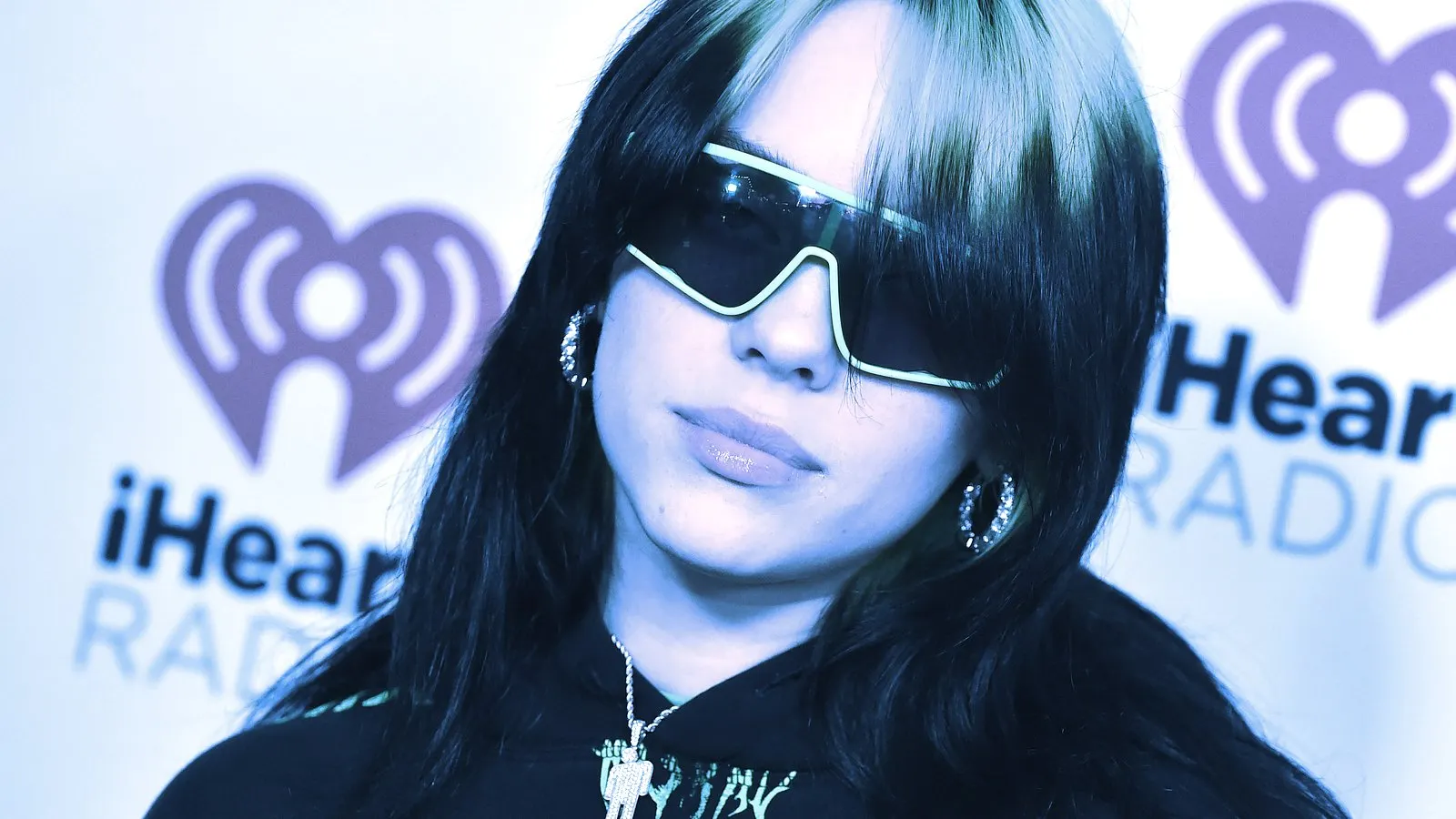In brief
- Sound lets musicians sell NFTs tied to their songs.
- The NFTs let fans leave comments on a new song.
A growing number of up-and-coming musicians are being discovered on TikTok and SoundCloud—platforms that can help them go viral, but that offer little in the way of money to support their career. That's why a startup called Sound believes it can offer a superior way to promote and reward musicians using NFTs. On Wednesday, Sound announced it has raised $5 million from Andreessen Horowitz and other firms, angel investors, and entertainers including Holly Herndon, Trevor McFedries, Cooper Turley, DJ Drama, and the rapper 21 Savage.
Sound was co-founded by David Greenstein, who is the son of Sirius XM President Scott Greenstein, and who got a job at Atlantic Records as a teen and later worked at Pandora. His music industry experience led him to the same conclusion as many others: the streaming-based music economy is broken, especially for artists who are not already famous.
But unlike many critics, Greenstein doesn't place the blame for this situation on record labels or companies like Spotify.
"So many artists and their stories and songs go unrecognized. It's because the discovery method is broken," he says, explaining that the streaming model treats everyone alike, paying fractions of a penny when a song is played.
This arrangement, he points out, doesn't allow fans to pay more for new artists they are passionate about, and nor does it let artists build relationships with their fans. While a streaming service might let a performer know they have a cluster of listeners in a given city, it doesn't provide a way to identify or interact with them.
The solution, Greenstein believes, is tapping into new tools offered by Web3—in particular NFTs—to create a new social and economic paradigm in the music industry.
Sound lets musicians create batches of 25 NFTs for the songs they release. The NFTs, which sell for 0.1 ETH (around $400), come with the right to inscribe a comment at a certain portion of the song, while the artist designates one NFT in each batch as a "Golden egg" that provides additional rewards.
Meanwhile, Sound is also creating forums called "listening parties" where musicians and their fans convene for the NFT experience. According to the company, it only took a few minutes to generate 21 million streams’ worth of revenue for the seven artists Sound invited to the platform—Sound expects to bring on many more in the coming months.
For Greenstein, all of this is a way to create a more intimate way for fans to discover and celebrate musicians. He points out that fans are much more likely to buy a singer's t-shirt at a concert, which is an emotional experience, than on a website. Sound is seeking to replicate that emotional concert experience by making the release of a musician's new song an event in which fans' participate.
As for the NFTs, buyers can sell them but doing so means losing the right to be one of the 25 people who can comment on the blockchain—a privilege that is meant to serve as a status symbol, and a way for someone to demonstrate they liked a band early on.
"Discovering Billie Eilish is a high status position," says Greenstein. "The next Billie Eilish will emerge off Web3 in the next six months, and people are determined to find them."
Sound, which is aimed primarily at musicians who are yet to be discovered, is hardly the only crypto-based music platform. There is also Audius, a blockchain-powered decentralized streaming service, and Royal, founded by DJ 3Lau, which is aimed primarily at bigger acts and offers a way for fans to fund musicians and receive a portion of future royalties through NFTs.





